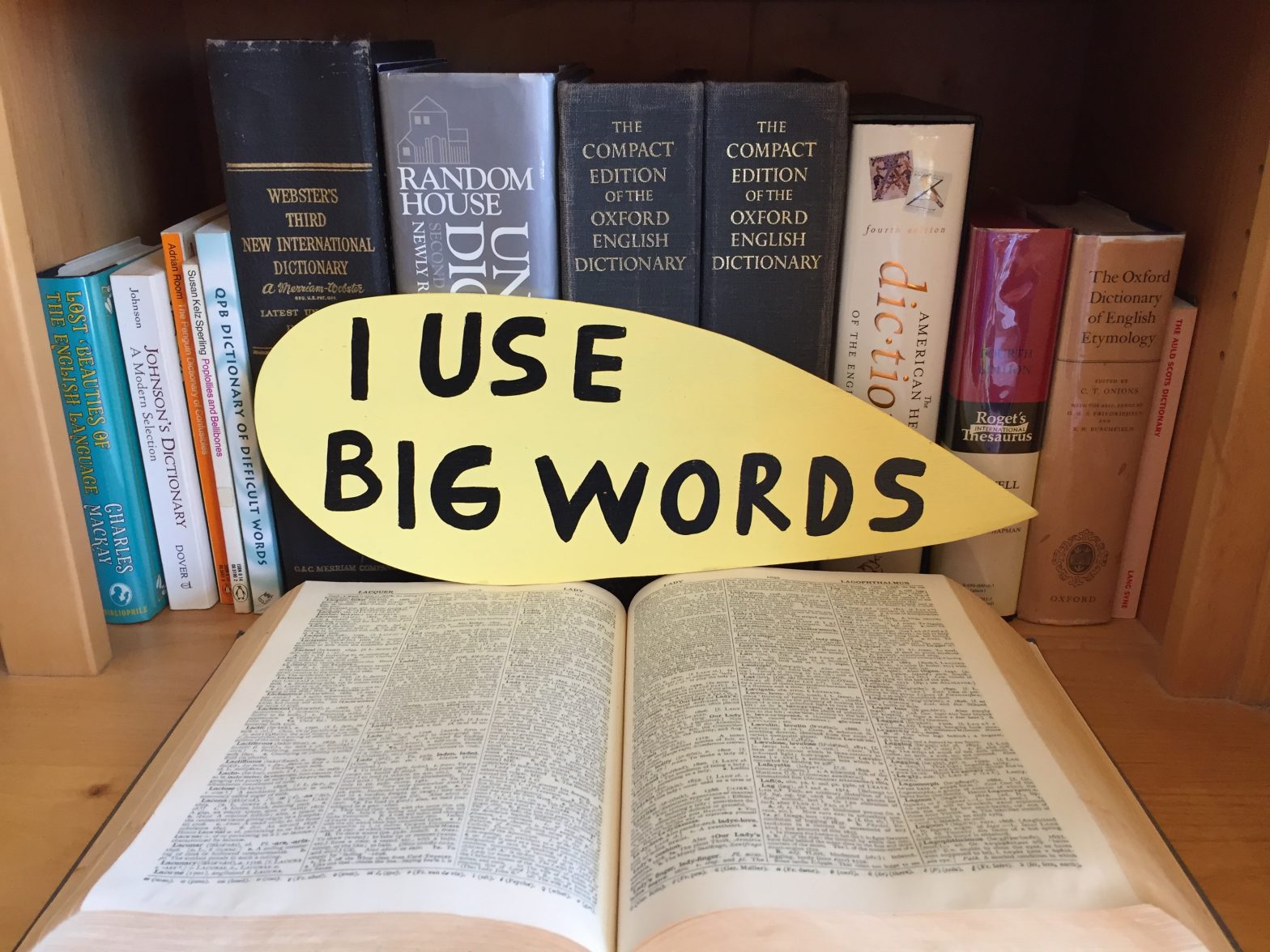| amanuensis | n. | one who writes from dictation, copyist, secretary | ||
| amaurosis | n. | total or partial loss of sight, usu. without external changes to the optic orb | ||
| ambient | adj. | of the surrounding environment | ||
| ambigram | n. | representation of a word in calligraphy or type which, when rotated or inverted, displays either the same or a different coherent word | ||
| ambilevous | adj. | left-handed on both sides, clumsy, unhandy | ||
| ambit | n. | area of influence | ||
| amerce | v. | to punish | ||
| American cloth | n. | enameled oilcloth | ||
| amirial | adj. | of or related to an amir or emir | ||
| amphigory | n. | nonsense verse, meaningless writing | ||
| amphisbaena | n. | mythic serpent with head at either end; genus of American lizards | ||
| amygdala | n. | almond-shaped mass of nuclei within the temporal lobe with role in memory and emotion; pl. the tonsils; almond | biology | |
| anabranch | n. | stream or channel branching off from the main course of a river and rejoining it downstream | ||
| anagogic | adj. | spiritual; of mystical interpretation | ||
| analeptic | adj. | strengthening, restoring, invigorating; awakening, esp. from drugged state | ||
| analogion | n. | lectern, esp. in Greek Orthodox Church | ||
| analogon | n. | analog, thing related by analogy to something else | ||
| analphabetic | adj. | not alphabetic; illiterate | ||
| anamnesis | n. | remembrance of things past | ||
| anaphora | n. | repetition of initial word or phrase in successive clauses; [grammar] substitution of earlier word in sentence with a different word | rhetoric | |
| anaphrodisiac | n. | agent or substance capable of reducing sexual desire | ||
| anastasic | adj. | of or relating to resurrection | ||
| anastomosis | n. | opening between spaces not usually connected | ||
| anathema | n. | detested or hated thing or person, abomination; formal curse pronounced as part of excommunication | ||
| anent | prep. | in respect to, concerning | ||
| anfractuous | adj. | sinuous, circuitous | ||
| angiography | n. | x-ray of blood or lymph vessels using radiopaque stuff | ||
| anhedonia | n. | inability to experience pleasure | ||
| animadversion | n. | criticism, esp. that implying censure | ||
| anisotropy | n. | difference in the value of a substance’s properties along different axes | ||
| ankylose | v. | to stiffen, join, or fuse together two originally distinct bones, or bone and another substance (such as a tooth) | ||
| annelid | n. | worm | ||
| anniversary | n. | celebration of the yearly recurrence of a past event | ||
| anodyne | adj. | pain-relieving; soothing; inoffensive, bland | ||
| anon | adv. | soon | ||
| anorak | n. | obsessive fan, esp. of trains | slang | |
| anosmia | n. | loss of the olfactory sense | ||
| anosognosia | n. | neuropsychiatric disorder in which sufferer takes no cognizance of their own serious disability | ||
| anoxic | adj. | lacking oxygen | ||
| antalgic | adj. | easing pain | ||
| antecubital | adj. | of that part of the arm on the other side from the elbow | ||
| anterior | adj. | occurring earlier in time, preceding; nearer the front, the head, or further from the mainstem | ||
| antetype | n. | prototype, early form | ||
| anthophobia | n. | fear of flowers | ||
| anticlinal | adj. | loping downwards to both sides of a central axis or ridge | ||
| antihelminthic | adj. | of or related to destruction or expulsion of parasitic intestinal worms | ||
| antimasque | n. | grotesque dance preceding or appearing between acts of a masque | ||
| antimony | n. | silver-white metal element used in alloys and medical compounds | ||
| antinomian | adj. | of or related to one who believes in no moral law because only God’s grace determines our salvation | ||
| antinomy | n. | contradiction, paradox |
